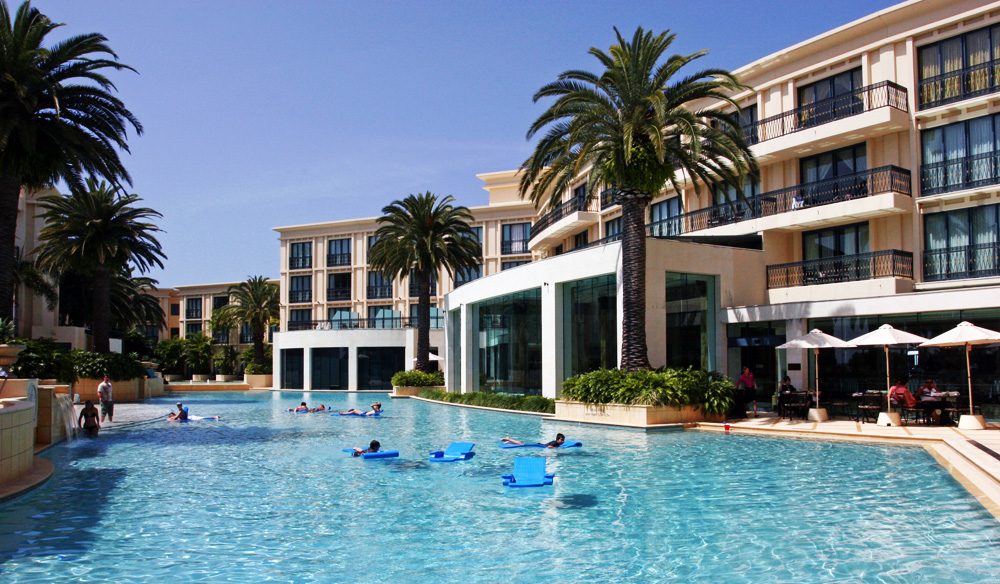By: Samson Echenim
If you think the new business traveller shares same hotel preference with their older folks, you could be dead wrong.
Pedro Colaco, chief executive, Great Hotels of the World describes the new business traveller a more adventurous person who is just getting exposed to the world in business.
Colaco in a recent interview said, “The new business traveller does not want to be in a corporate hotel – they want to be in a fun place, where it easy to go downstairs and it is relaxed to work. They want to be in places where you can just walk out, and there are bars and restaurants.”
Great Hotels of the World is currently seeking to expand in the consumer space. Building a portfolio of upscale hotels, the company hopes to specialise in properties that offer both strong business facilities and brilliant leisure experiences to guests. As such, the brand is designed to cater to the ‘bleisure’ market, and a new type of inquisitive business traveller.
Speaking to Breaking Travel News in London, Colacoexplains: “Over the last decade or so, we have seen that ‘small is beautiful’, everybody went boutique, but, in reality, we believe that the new business traveller still needs a lot of the amenities that larger hotels offer.
“Whether this be 24-hour room service, the bar being open when you arrive at 23:00 after a long flight – only large hotels have all these things. The new business traveller does not want to be in a corporate hotel – they want to be in a fun place, where it easy to go downstairs and it is relaxed to work. They want to be in places where you can just walk out, and there are bars and restaurants. We want to help these large hotels, some of which are pretty dated, cater to this new business traveller.”
Great Hotels of the World is on something of a process of transformation itself, having been acquired by the more established GuestCentric in recent years.
Colaco continued: “GuestCentric started about 12-years ago. Hilton, Marriott, those large brands have staff, budgets, brands and technology – whereas the next level down does not have that, but they do have one big thing, the internet. GuestCentric was built to allow independent hotels to have the best online presence – that was the vision for the company from day one.
“As we started to develop, we were working with larger and larger hotels. What we discovered was, the larger the hotel, the more segments you would need; you need corporate, you need MICE and others to have a profitable hotel. For this reason, we purchased the global distribution system of Great Hotels of the World at the end of 2016, and then the whole company in 2018.”
He added: “Small hotels are not able to fulfil all these tasks; sales, marketing and distribution, and that is one of the roles we play. We have a team that can do this for them – we take a view on the bigger picture. We look at trends, how the market is moving; we offer brainpower that smaller hotels might be unable to afford.”
Acquisition by GuestCentric has given Great Hotels of the World the hunger of a start-up as it seeks to build its portfolio of properties.
“We have had to build the team and develop everything from scratch. We have spent the last 18-months or so building the product and service offering, working out exactly what we want to do for these hotels, what it is that we offer them. Now it is time to grow the membership. We are now working to grow the brand, to add new properties and this is the direction we are heading in, the challenge we face. We are seeking new properties that fit the portfolio – that is the next stage,” said Colaco.
With the focus on leisure, as well as business, location is key to the success of Great Hotels of the World. Modern business travellers are not only looking for fast Wi-Fi and loyalty points, they also want to be somewhere fun.
“Location is vital for us – a lot of destinations are over exposed, and we want to offer options in places your client has not been to. For this reason, we are looking at properties in Georgia, Poland and Lithuania – all of which we see as becoming strong meetings locations. We listen to our database of 3,000 buyers, ask them what locations have come on their radar, where do they want to be heading.
“Montenegro, Serbia and Bulgaria are the next generation, these are countries that are coming up – and it is important we keep up and ahead. Then there are destinations that go out, and come back again, Istanbul, for example – for years Istanbul was not an option, but over the last year, it has boomed back. We need to be looking six-to-12 months ahead, so we need to keep ahead of that demand,” he said.








